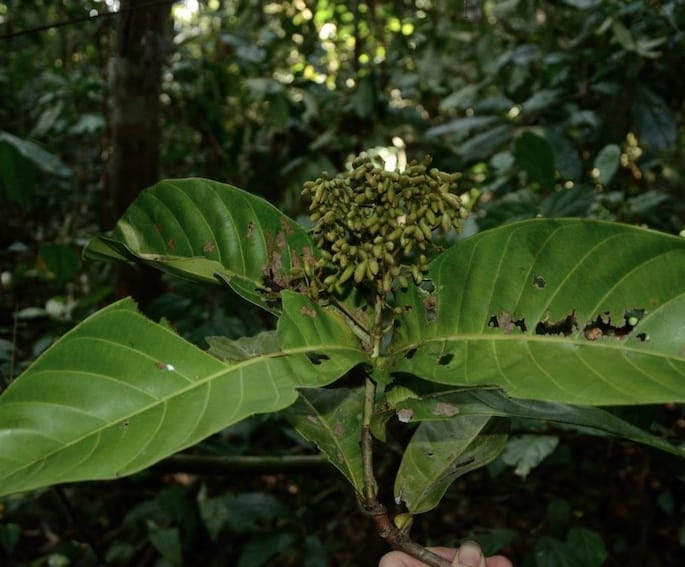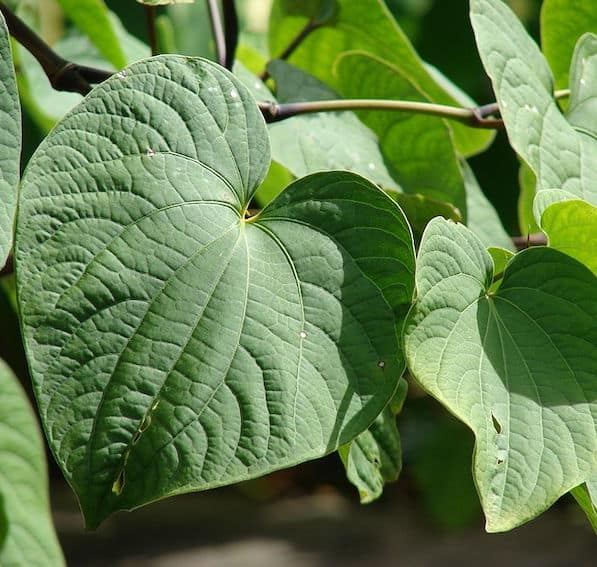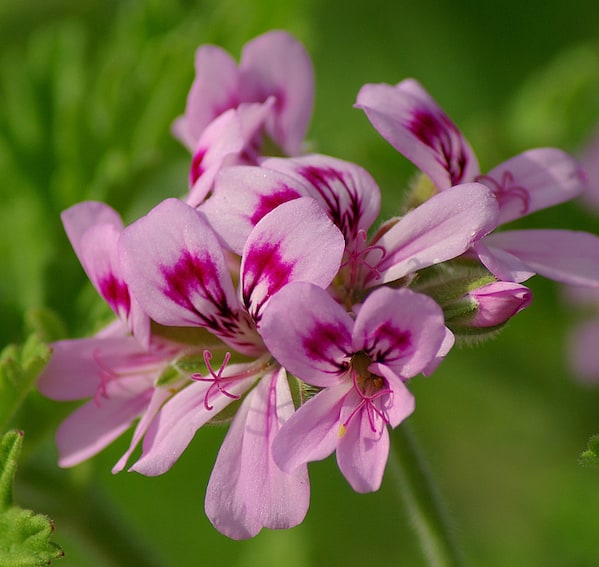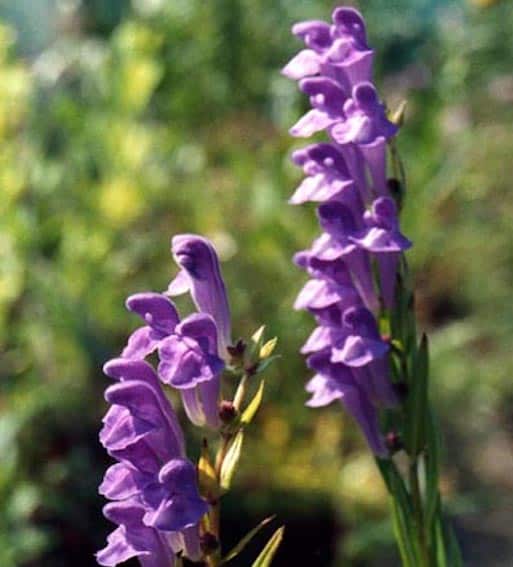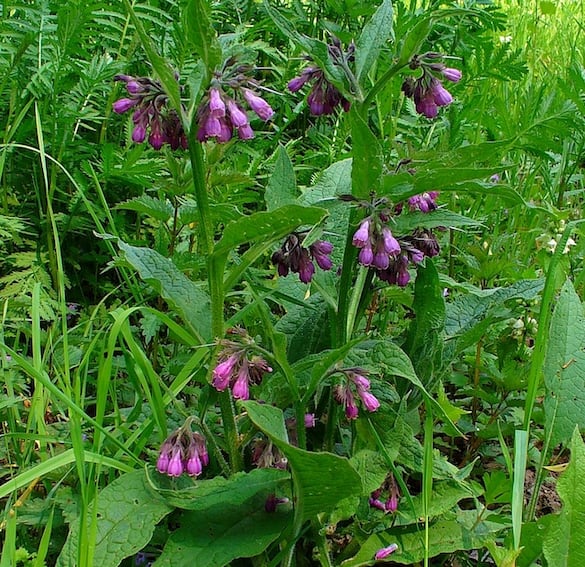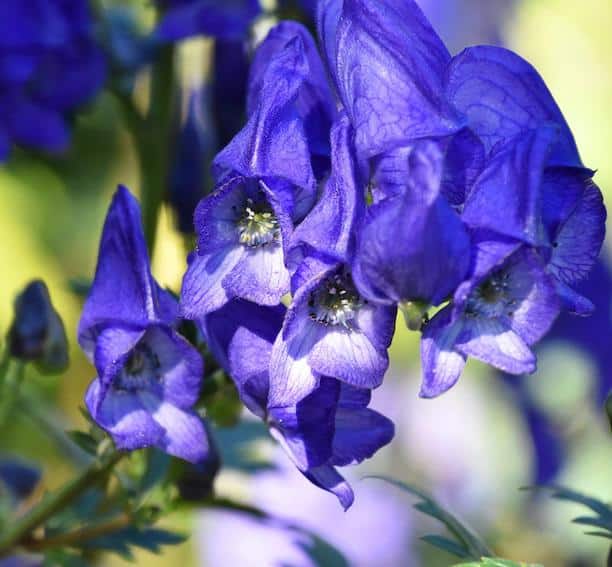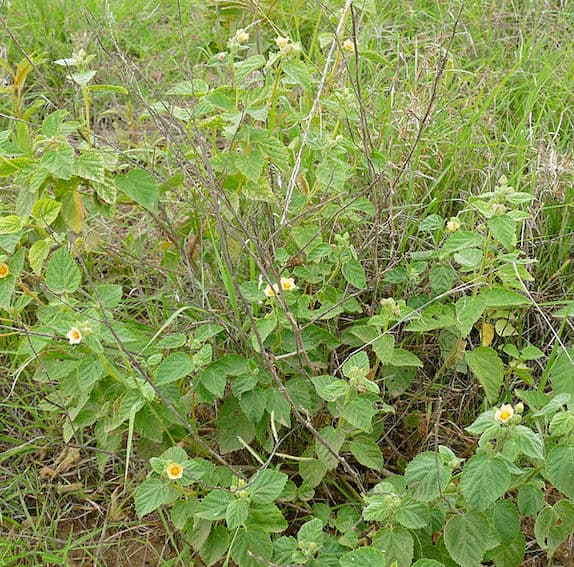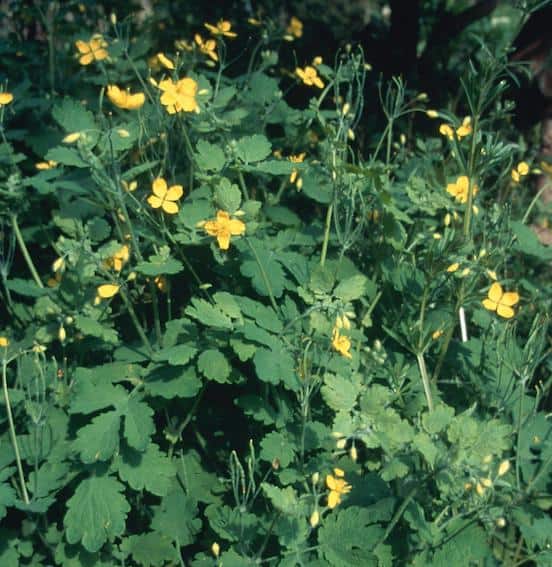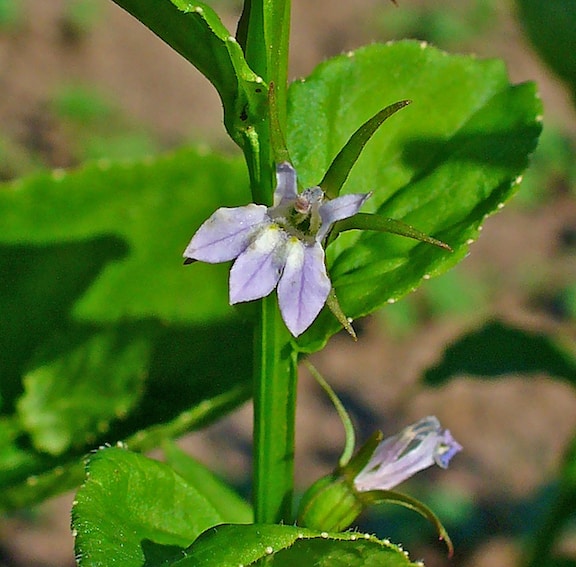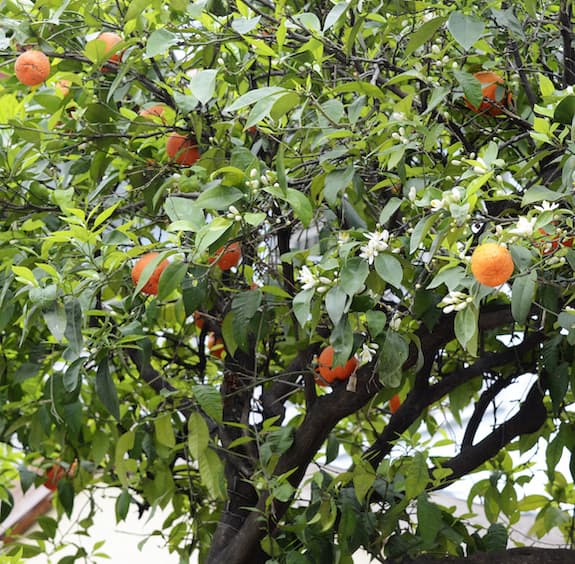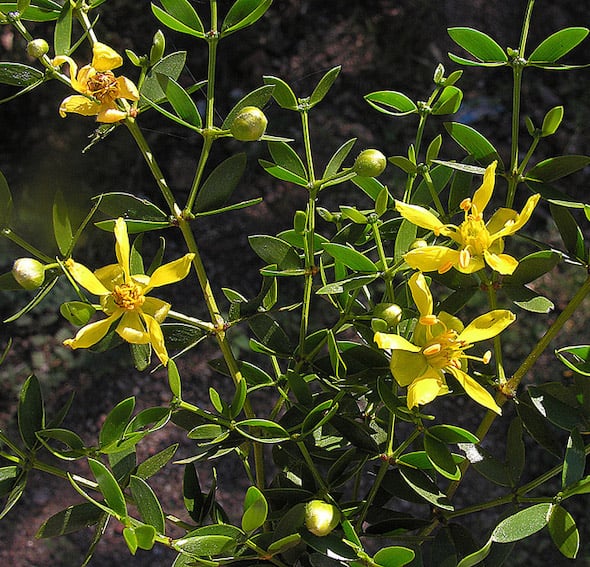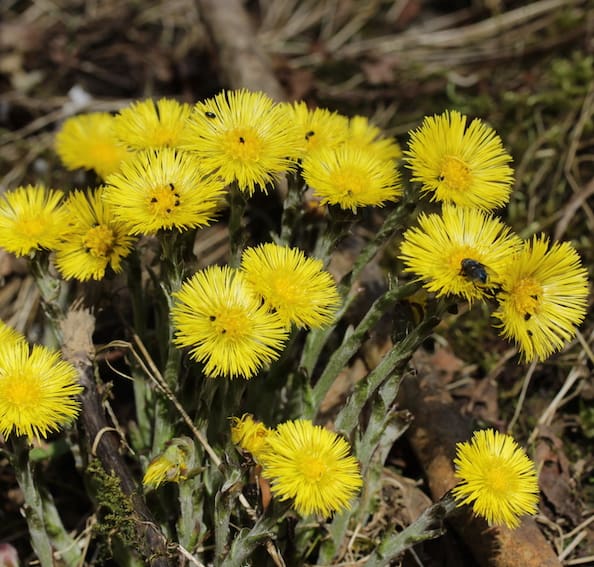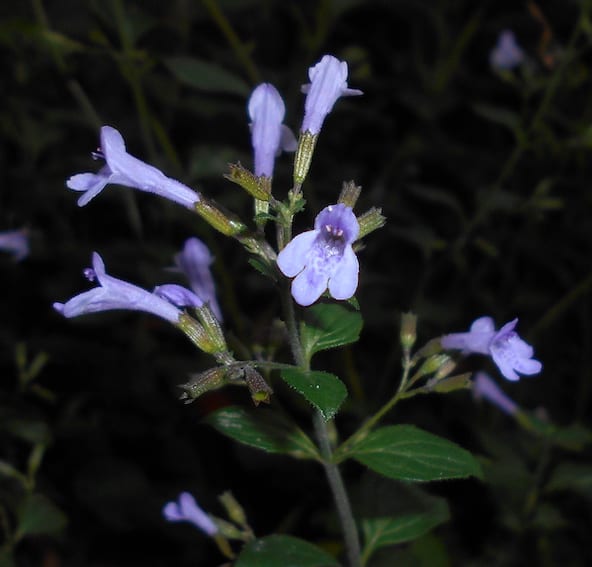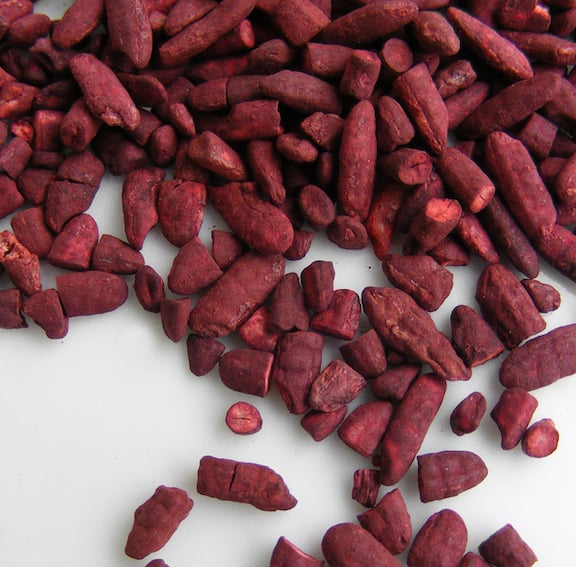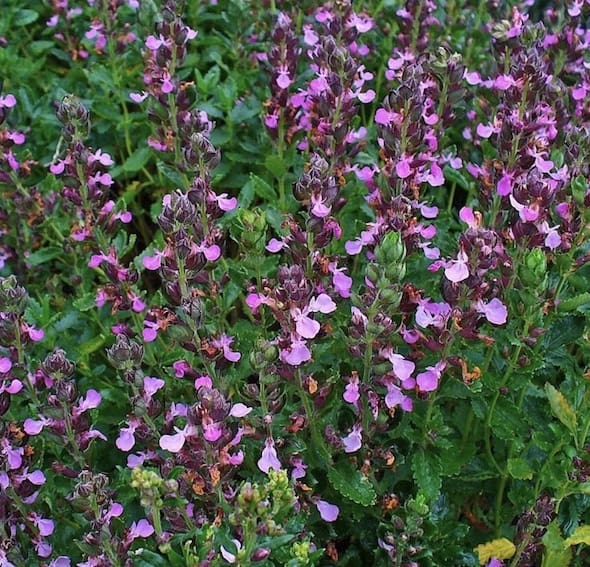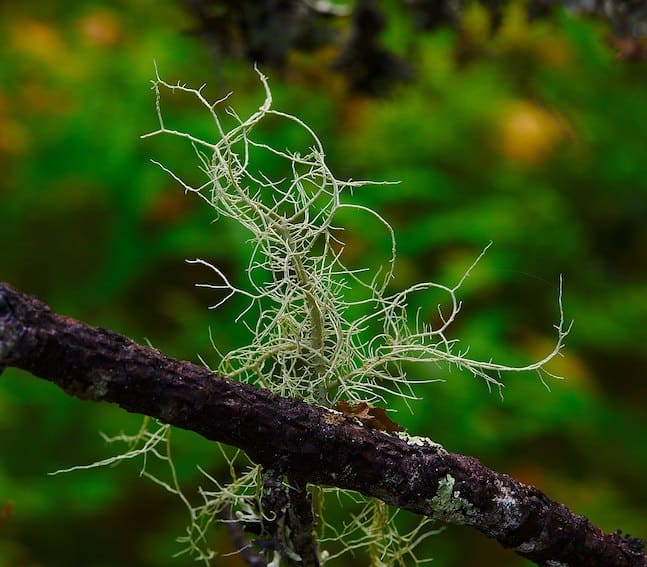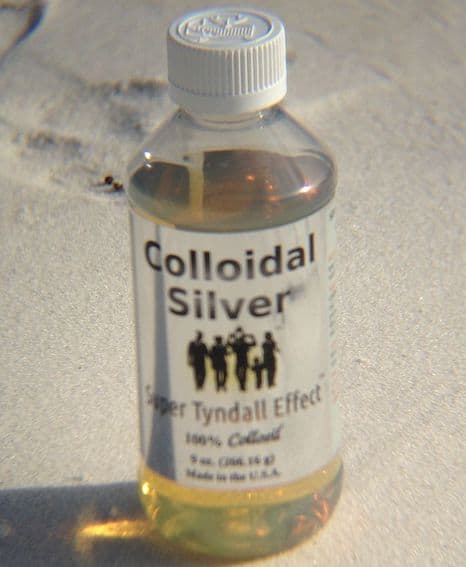Contents
Here we’ll cover a number of plant extracts, herbal extracts, and dietary supplements that can have serious side-effects. It is worth remembering that even if a herbal remedy is 100% natural, this does imply that it is innocuous.
Several of the compounds here have been mentioned in a list by Consumer Reports, while we have supplemented it with some additions. We also excluded a few of supplements they listed, since we think the health benefits outweigh any side-effects with normal doses, such as green tea extract. Other plants we list do also have beneficial effects. For instance, red rice is commonly used to reduce high cholesterol levels and adverse effects from kava kava are minimal when properly extracted. Colloidal silver can be useful as a disinfectant to kill germs, albeit it is best avoided as a supplement.
Note that we do not offer the compounds listed here at at VitaMondo, although a few of the herbal extracts contains naturally caffeine.
- Yohimbe
- Kava Kava
- Geranium Oil
- Skullcap
- Comfrey
- Aconite
- Country Mallow
- Greater Celandine
- Lobelia
- Bitter Orange
- Chaparral
- Coltsfoot
- Pennyroyal Oil
- Red Yeast Rice
- Germander
- Usnic Acid
- Colloidal Silver
- Caffeine
1. Yohimbe
African tree species Yohimbe (Pausinystalia johimbe) is also referred to as Yohimbine, Corynanthe yohimbi, and Corynanthe johimbi. For a very long time, people have utilized the bark of the tree as an aphrodisiac to cure anxiety, diabetes, chest discomfort, and erectile dysfunction.
High blood pressure, skin flushing, rash, irritation, anxiety, insomnia, dizziness, rapid heartbeat, excessive urination, headache, vomiting, heart rhythm problems, kidney failure, seizures, and heart attacks are the side-effects of using yohimbe, especially in high doses.
Photo Credits: Ehoarn Bidault, Mobot.org
2. Kava Kava
Under supervision of physicians, kava kava (Piper methysticum) tends to be effective in treating anxiety and insomnia. Furthermore, there is no proof that taking it as a supplement can cause liver damage. However, the ingestion of kava extracts produced with solvents of poor quality have been associated with liver damage. There is some concern that Parkinson’s and depression could be slightly increased.
Photo Credits: Forest & Kim Starr
3. Geranium Oil
Used to treat acne, anxiety, depression, insomnia, sore throat, nausea, asthma, glaucoma, liver problems, arthritis, osteoporosis, heart disease, leukemia, and HIV / AIDS, this vital floral geranium oil (Pelargonium graveolens) This can, however, cause damage to the kidneys and even death.
The purported health advantages of essential geranium oil have been found to be comparable to those of a number of other essential oil varieties. For instance, lavender essential oil can help reduce anxiety and encourage sound sleep, and jasmine, orange, and lemon oils can all assist elevate mood.
Photo Credits: Laitche, Wikipedia
4. Skullcap
Native to both Asia (Scutellaria baicalensis) and America (Scutellaria lateriflora), skullcap is a perennial flower. The plant gets it common name from the shape of the flower, which resembles medieval helmets worn by soldiers in Europe. Native Americans used it for various health remedies, such as digestive problems, kidney pain, and nervousness. However, even if skullcap may have health benefits, it does also have serious side effects that can lead to liver damage.
Photo Credits: Ghilain118, Wikipedia
5. Comfrey
Also called blackwort, common comfrey, or slippery core, comfrey (Symphytum officinale) is used to treat cough, heavy menstrual periods, chest pain, and cancer. However, it has been connected to malignancies, including coltsfoot, and liver damage. The FDA mandated in 2001 that producers take comfrey-containing products off the market.
Photo Credits: H. Zell, Wikipedia
6. Aconite
Gout, sores, swelling, and joint discomfort are treated with aconite (Aconitum), also referred to as monkshood, wolf’s bane, aconite tuber, angustifolium, and radix aconiti. But it can also result in low blood pressure, irregular heartbeat, weariness, nausea, vomiting, and paralysis. It was even linked to respiratory system paralysis and potential death.
Photo Credits: Lotus Johnson, Flickr
7. Country Mallow
For weight loss, erectile dysfunction (ED), sinus problems, allergies, asthma, bronchitis, and weak bones (osteoporosis), country mallow (SIDA cordifolia, flannel grass, bala, country mallow, silky white mallow, heart-leaf sida) is used.
Sida cordifolia contains ephedrine, a stimulant similar to an amphetamine that can cause harmful side effects. The US Food and Drug Administration (FDA) banned the sale of ephedra, Sida cordifolia, and other ephedrine-containing products in 2004.
A herb named ephedra has been associated with high blood pressure, heart attacks, muscle disturbances, seizures, strokes, irregular heartbeat, loss of consciousness, and death.
Photo Credits: Bernard Dupont, Wikipedia
8. Greater Celandine
There should be no confusion between Greater Celandine (Chelidonii herba, Chelidonium majus) and Lesser Celandine (Ranunculus ficaria). The smaller celandin is used as a treatment for cancer, digestive tract conditions (IBS), liver and gallbladder disorders.
For any of these uses, there is no good evidence, and while it may delay cancer cell growth, it may also be harmful to normal cells. It is possibly unhealthy, however, and should be avoided as it may cause serious liver problems.
Photo Credits: Rowan McOnegal, Wikipedia
9. Lobelia
Lobelia inflata, sometimes referred to as Asthma Herb, Lobelia Inflata, Pokeweed, and Vomit Wort, is used to treat asthma, bronchitis, cough, and to help people quit smoking. It can result in low blood pressure, a coma, tremors, nausea, vomiting, a fast heartbeat, panic attacks, and sometimes even death.
Photo Credits: H. Zell, Wikipedia
10. Bitter Orange
Bitter orange (citrus aurantium) — also known as seville orange, sour orange, aurantii fructus, and zhi shi — is used for example for weight loss, exercise efficiency, asthma, nasal congestion. However, research has only indicated that the oil may be useful in treating fungal skin infections (ringworm, jock itch, and foot athlete) when administered topically. The active ingredient in it is synephrine, a substance that is related to ephedrine, a molecule found in the ephedra plant. Bitter orange is considered by the National Collegiate Athletic Association (NCAA) to be a banned substance. Similar substances are marketed under various names, including Methylsynephrine and Oxyephedrine.
While bitter orange is likely safe when consumed as food, WebMD suggests it is possibly unsafe when taken in high-doses as a supplement for weight loss. It may raise the risk of hypertension, dizziness, heart attack, stroke, and other serious adverse effects.
Photo Credits: Zeynel Cebeci, Wikipedia
11. Chaparral
Chaparral (Larrea divaricata) — or creosote bush, creasewood, larrea tridentata, larreastat — is used for weight loss, fatigue, colds, allergies, skin rashes, and cancer. However, it may result in kidney issues, liver damage, and even death.
Photo Credits: Dick Culbert, Canada, Wikipedia
12. Coltsfoot
Coughwort, Farfarae folium leaf, or Foalswort, also known as coltsfoot (Tussilago farfara), has been used as an antipyretic, fever, flu, sore throat, gout, bronchitis, asthma, and coughing.
Photo Credits: Björn S., Wikipedia
13. Pennyroyal Oil
Pennyroyal (Mentha pulegioides, Hedeoma pulegioides) is a plant. To make medicine, the oil and leaves are used. For colds, pneumonia, and other breathing problems, Pennyroyal has been used. It’s also utilized for issues related to the gallbladder, liver, stomach, and gas.
Pennyroyal is also used to induce perspiration, raise urine production, and regulate muscular spasms. It served as inspiration to fight frailty and even to carry out abortions. It was used as a disinfectant and deterrent to keep insects off the skin.
However, pennyroyal oil poses a risk whether applied topically or taken orally because it can
seriously harm the kidneys, liver, and nervous system. Some side effects include pain in the stomach, vomiting, fatigue, restlessness, hallucinations, dizziness, problems with vision and hearing, high blood pressure, lung failure, and brain damage.
Salicyna, Wikipedia
14. Red Yeast Rice
Red Yeast Rice is a rice fermented with Monascus purpureus, a type of yeast. It has been used as a traditional medicine in China and other Asian countries for decades. This has a lot of components, including several monacolins, like monacolin K, which can help lower cholesterol. It also contains monounsaturated fatty acids (“healthy fats”), sterols, and isoflavones.
Studies have shown that the levels of total cholesterol and specifically LDL or “bad” cholesterol can be significantly lower in certain red yeast rice products containing statin. Side effects are usually mild, such as nausea, heartburn, and stomach discomfort, but high-dose extracts can cause kidney and muscle problems, liver problems, hair loss, and will likely magnify the effect of other cholesterol-lowering statin drugs. Furthermore, despite the fact that extracts are still accessible online, the FDA continues to assert that statin-containing products are prohibited in the US..
Photo Credits: Glane23, Wikipedia
15. Germander
Germander (Chamaedrys of Teucrium) is a herb. It is the pieces that are used to produce medicine that rise above the surface.
We use germander as a mouthwash for weight loss, fever, and stomach ailments, as well as a germ-killer for gallbladder illnesses. However, hepatitis, which damages the liver, and even death is of grave concerns. In the US, germander is permitted to be used in tiny amounts as a flavoring additive in alcoholic beverages, although its sale is prohibited in France and Canada.
Photo Credits: H. Zell, Wikipedia
16. Usnic Acid
Lichens are actually a mixture of algae and fungus living together symbiotically, despite the fact that they resemble solitary plants. Online advertisements promote it as a medication for weight loss and an efficiency booster, especially for a substance known as sodium usniate (“LipoKinetix”). However, the adverse effects might last for two to three months and include fatigue, vomiting, stomach pain, skin discoloration, and even liver failure.
Photo Credits: Melechin AV, Wikipedia
17. Colloidal Silver
Tiny silver particles are suspended in demineralized water to create colloidal silver. Although it is usually taken orally as a dietary supplement, it can also be topically applied to the skin to act as a disinfectant. Sales of colloidal silver as a dietary supplement are based on its antimicrobial and antibacterial properties. It is also advertised as a cure-all for a host of ailments, including psoriasis, food poisoning, shingles, and herpes. In addition to neurological problems and kidney impairment, the side effects include a blue-grey complexion.
Photo Credits: Silverliving, Wikipedia
18. Caffeine
A stimulant of the central nervous system, caffeine is used as a supplement to boost athletic performance, cause weight reduction, sharpen focus, and help people stay awake.
Side effects include nervousness and jitters – and in larger does or when combined with other stimulants – arrhythmia/cardiac arrest, and seizures.


